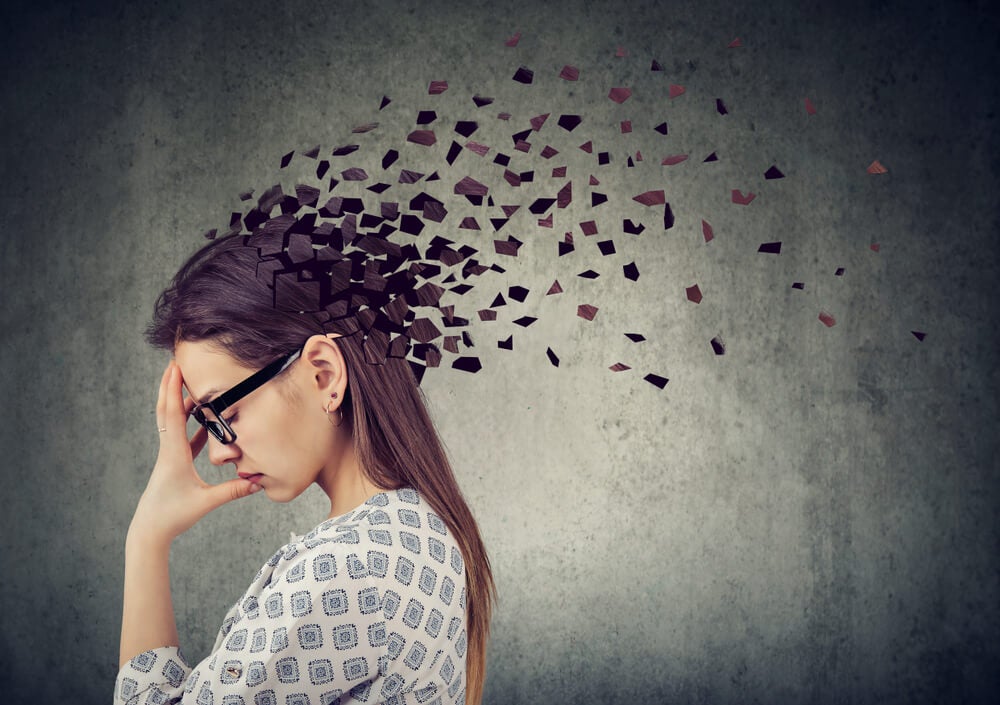The concept of Acquired Brain Injury (ACL) refers to a brain injury that until then had normal development, the causes can be very different, from a head injury after a circulatory accident to a brain tumor to many others (anoxia, stroke, etc. ).
The main consequence of acquired brain damage is the loss of previously developed brain functions, involving the motor and sensory system, cognitive functioning, communicative skills and the ability to regulate behavior and emotions.
- Thus.
- A common feature of PATIENTS with LCA is the loss of functional autonomy.
- Causing a disability situation.
- Which causes the overload of their nearest environment.
Neuropsychological rehabilitation uses three basic tools or strategies in patients with ACL:
These three classic strategies are used with the main objective of getting the subject to resume their daily activities in the most productive and satisfying way possible.
Superior brain functions, such as reasoning, memory, or attention, are critical to a complete, independent life. Throughout the day we use our cognitive functions continuously.
Our brain uses its different cognitive abilities to prepare food, direct or participate in meetings, activating a larger or smaller area of different parts of the brain hemispheres. The basic cognitive functions are:
In the process of neuropsychological rehabilitation there are techniques typical of clinical psychology that are widely used, we can consider three large groups of procedures:
Each of the above three procedures has been shown to be effective in different patients with time-acquired brain injury.
In addition, in recent years there has also been an attempt to implement new technologies in this field, demonstrating their usefulness and great applicability.
As mentioned above, neuropsychological rehabilitation is considered a useful tool for improving basic cognitive functions in patients with acquired brain injuries.

